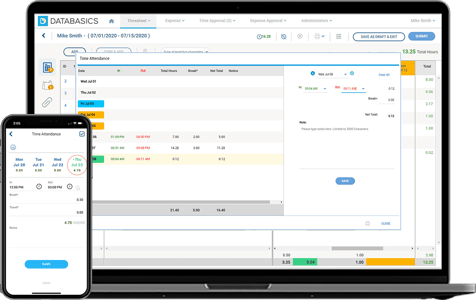
Daylight Saving Time Creates a Mini Y2K Crisis Twice a Year
On Sunday, November 1, in the wee hours of the morning (to me, 2 a.m. is definitely “wee”), many of us will turn our clocks back an hour. This reverses what we did on March 8th. Unfortunately, not having learned our lesson, we will start Daylight Saving Time (DST) all over again next year.
Various individuals have been singled out for blame in promoting DST, including an English architect, William Willett, an entomologist from New Zealand named George Hudson, and, yes, the otherwise esteemed Benjamin Franklin. The value of DST in today’s world is perhaps best summed up by Hudson’s rationale: it gives you more time to hunt for bugs.
Aside from DST striking yet another blow against a good night’s sleep, it complicates timekeeping, particularly for shift workers.
The periods of transition are intentionally scheduled to minimize disruption. Early Sunday, most of us are either asleep or drunk. Still, there are many employees whose hours straddle the change-over.
Consider the case of a nurse whose hours are 12:00 a.m. to 8 a.m. On November 1, that will be a 9-hour shift, since she “does over” the period from 1 a.m. to 2 a.m. The usual time calculations, however, would dock her an hour, there being only 8 hours between 12:00 a.m. and 8 a.m. Some might say, “What’s the problem? She’ll make it back in the spring.” Most employers recognize that it is a problem. The extra hour might trigger overtime or even a violation of labor law if standard schedules skirt the edge of legality. Still, she can’t be let off at 7 a.m. without leaving the job unattended for an hour or throwing off the schedule going forward. The piper (or in this case, the nurse) must be paid.

Looking at the negative effects of daylight savings time more closely, if you clock out under DST and come back under Standard Time, you can end up returning before you leave. Or you can take a whole hour off free since the difference between the times is zero. Remember Y2K when some thought the world as we knew it was about to end? The software industry went into a panic to change 2-digit dates to 4. DST creates a mini Y2K crisis twice a year.
If ever DST made sense, it clearly does not today. If reason were to prevail, we would abolish it. While we wait for that, employers should make sure that their time tracking software is up to the job of properly managing DST.
DATABASICS is driven to meet the most demanding time and expense management challenges through a combination of deep expertise, next-gen technology, and a focus on the unique needs of each customer. Powered by decades of experience, our team delivers world-class time and expense management solutions that are the right choice for today and easily adapt to the uncertainties of tomorrow.
Subscribe to our blog
Recent Posts
Posts by Topics
- Expense Management Software (130)
- DATABASICS (69)
- Time Tracking Software (47)
- Leave Management System (26)
- P-Cards (9)
- Home Healthcare (8)
- Government Contractors (7)
- Nonprofit Organizations (7)
- International Development (6)
- Receipt Management (6)
- Advanced OCR (2)
- CROs (2)
- Staffing Agencies (2)
- Vendor Invoice Management (2)
- Audit Management Software (1)
- Construction (1)
- Field Service Management (1)
- Integration (1)
- Microsoft Dynamics (1)
- Oracle NetSuite (1)
- Partnerships (1)
- Professional Services (1)
Read on

Expense Fraud Isn’t New Because of AI; It’s a Systems & Operational Problem
Read Now
Enhancing Employee Experience with Mobile Expense Management
Read Now
Maintaining Compliance with Mobile Expense Management Tools
Read NowSeamless Integration of Time Tracking and Payroll
Read Now
Seamless Migration from Nexonia: Unified Time and Expense Solutions
Read Now
Nexonia Migration: The Best Alternative for Timesheets & Expense Management
Read Now
Subscribe to Our Blog
Subscribe to our blog and get the latest in time tracking and expense reporting news and updates.